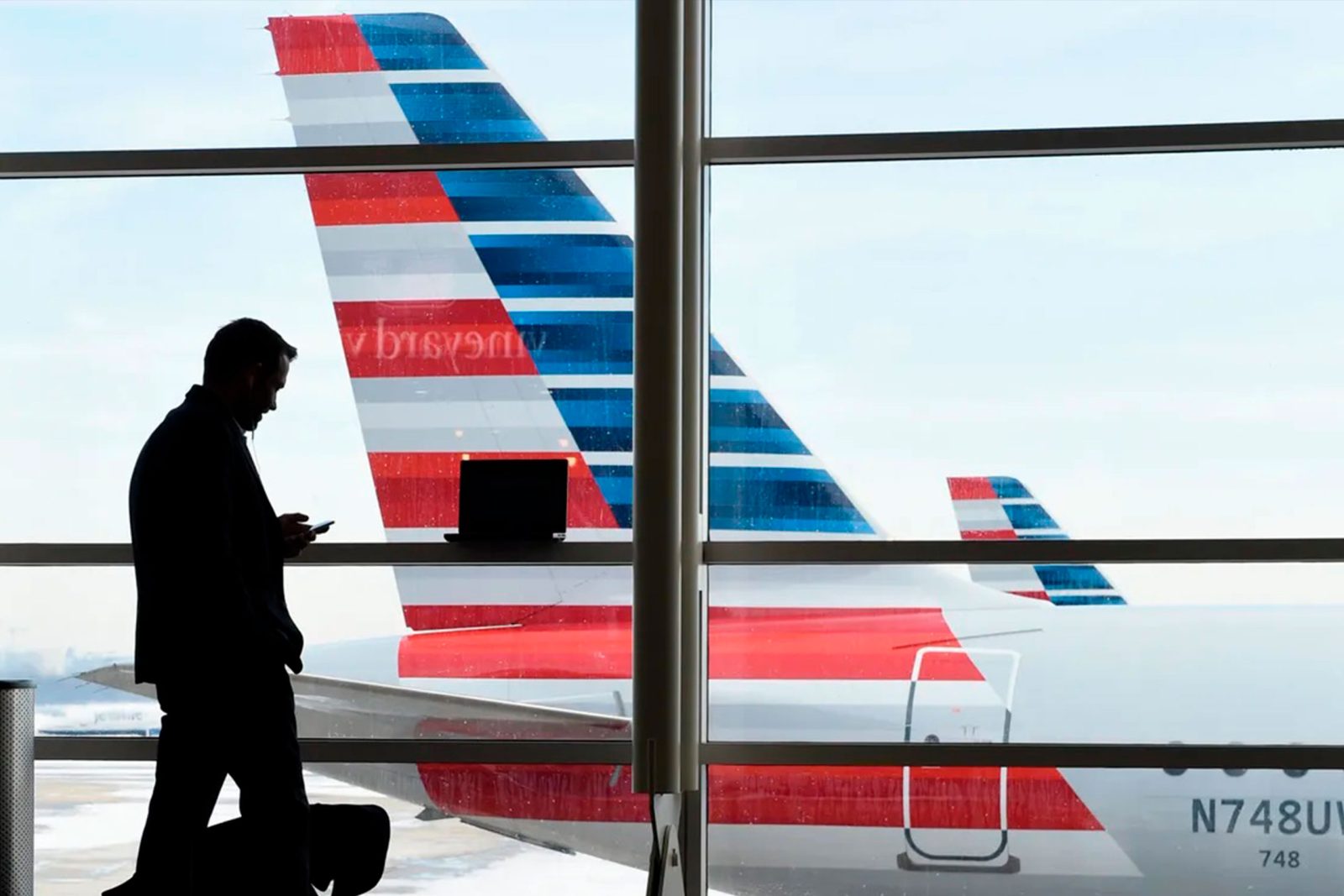Do airline investors anticipate a rough ride?


Do airline investors anticipate a rough ride?
The recent collapse of Monarch Airlines and the pilot scheduling issues faced by Ryanair have brought the aviation industry into the spotlight. Are these incidents isolated turbulence or indicative of broader risks for airline investments? Monarch’s administration may have caught passengers off guard, but signs of trouble emerged in the preceding year. In fact, as early as last September, the UK’s Civil Aviation Authority (CAA) was on the brink of not renewing Monarch’s license. The CAA even spent £25 million chartering planes to ensure stranded holidaymakers could return home if Monarch ceased operations. It required a £165 million infusion from Monarch’s owner, Greybull Capital, to persuade the CAA to allow the airline to continue flying. Several factors had been working against Monarch. Terrorist attacks in key markets such as Egypt and Tunisia prompted travel advisories from the Foreign Office. Political unrest in Turkey, another important destination, led to a significant drop in demand. The weak pound also took a toll, as most of Monarch’s revenue was in pounds while its expenses, like aviation fuel, were in dollars. Monarch’s demise was a boon for other airlines, with BA’s parent company IAG seeing its shares rise by 2.36% on the day of the news, while easyJet gained 5%, and Ryanair (listed in Dublin) increased by 3.87%.
Transport Secretary Chris Grayling expressed confidence that Monarch’s collapse was an isolated event, asserting, “Let nobody think this is a sign of general problems in our aviation sector. Monarch has been a victim of the success of other airlines, such as easyJet and Jet2.” However, Monarch is not the sole European airline to recently enter administration. In May, Alitalia faced a similar fate, followed by airberlin in August. Both airlines went into administration after their major shareholder, Etihad, decided not to provide further funding. They continue to operate thanks to loans from their respective governments, with Alitalia receiving a €600 million bridging loan and airberlin benefiting from a €150 million loan. Interestingly, the UK’s insolvency framework does not permit airlines to continue flying during administration, unlike the systems in Germany and Italy. Ryanair’s challenges with pilot rosters have resulted in the cancellation of up to 50 flights per day until the end of October and the discontinuation of 18,000 flights on 34 routes during the winter period from November to March, impacting 750,000 passengers. While hiring former Monarch pilots may be an option, they are accustomed to flying Airbus planes and would require retraining to operate Ryanair’s all-Boeing fleet. Ryanair’s pilot retention challenges are not unique among airlines. Long-standing BA cabin crew members enjoy more favorable contracts than newer employees, leading to strikes among the latter. BA has addressed this by employing nine Qatar Airways A320s and A321s, complete with their own crew, through wet leasing—a strategy aided by Qatar Airways’ 20% ownership of BA’s parent company.
Despite recent challenges, passengers appear to have short memories when it comes to airline problems, as evidenced by the BA IT debacle. Additionally, Ryanair continues to excel in its niche. According to RDC, an aviation consulting firm, only Ryanair and WizzAir turned a profit in the first half of 2017 among low-cost carriers. RDC highlighted Ryanair’s cost leadership, emphasizing that it stands out in terms of lowest cost, lowest average revenue, and highest profit. While easyJet recently reported record passenger numbers and load factor, its share price fell on October 6. The weakened pound, which has eroded £100 million from profits, and uncertainties related to future leadership have contributed to this decline. Analysts at The Share Centre view easyJet shares as a “hold” recommendation, while preferring BA’s parent company IAG. Similarly, Liberum analysts single out IAG as a “buy” among the three major European airline groups, which include Lufthansa, Air France-KLM, and IAG. In the closing of his letter to Ryanair pilots, CEO Michael O’Leary pointed to Norwegian Airlines’ declining share price, down 21% year-to-date, suggesting financial trouble. However, Norwegian has reported a 14% year-on-year increase in passenger numbers for September and insists it is not in financial distress. As the aviation industry faces rising fuel prices, potential consolidation in Europe may leave less efficient airlines vulnerable to acquisition by major players like Lufthansa, Air France-KLM, IAG, Ryanair, or easyJet. Shareholders in various airlines may experience either soaring success or a turbulent descent.
Get back to Seikum News 🤓




